Crafting Traditions: Documenting Trades & Crafts in Early 19th Century North India
Synopsis
Our knowledge of Indian society during British rule in the nineteenth century has rested primarily on the voluminous records of the East India Company, the works of various Europeans, the writings of many civil servants of the Company and the accounts of Indians writing in this period. Interesting first-hand and very useful alternative sources are writings of Indians produced on request or assignment by company administrators. Such accounts are by no means readily available; they were probably discarded after serving their purpose. Nevertheless, as this codex “illustratesâ€, they embody a special middle space in the texts belonging to this genre. These writings were used by the Company officials as research data in writing their own reports, survey, or papers for publication. The Kitab-i-Tasavir Shishagaran Vaghairah Va Bayan-i-Alat-i-Anha (The Illustrated Book About Makers of Glassware, etc. and a Description of Their Tools) is written by Ghulam Yahya in a matter-of-fact scientific, observational style. It is an economic and ethnographic description of eleven tradesmen and their crafts in the district of Bareilly in the Rohilkhand area in the 1820s. the text is augmented with detailed drawings, sowing tools and processes and coloured paintings in the regional “Company style.†Of immense interest are the lists of commodities sold by the dry goods dealer, along with details of prices and an inventory of jewellery and ornaments manufactured by goldsmiths. The codex was advertised by a London rare book dealer as “an early nineteenth century cook book†written in Urdu. It turned out to be neither a cook book nor in Urdu, but a neat little book in Persian on trade-crafts and their practitioners. Some of the crafts described in the text, for example, crimping and specialized charpoy weaving are now extinct. The book also includes forgotten delicious recipes for kababs!
Read more
23.40
21.06
$
26.00 $
Free delivery Wolrdwidе in 10-18 days
Ships in 1-2 days from New Delhi
Membership for 1 Year $35.00
Get it now and save 10%
Get it now and save 10%
BECOME A MEMBER

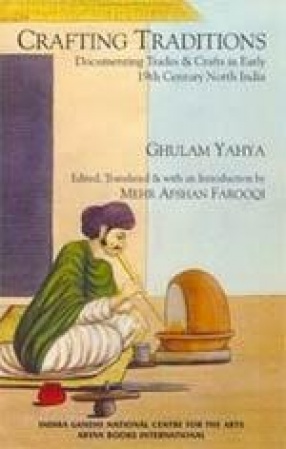
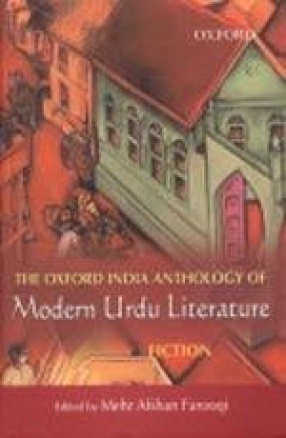
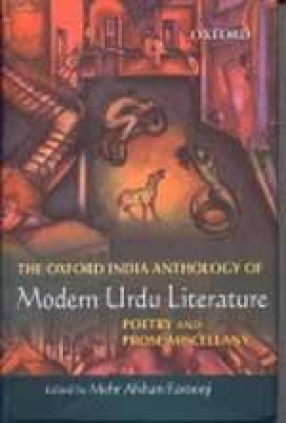
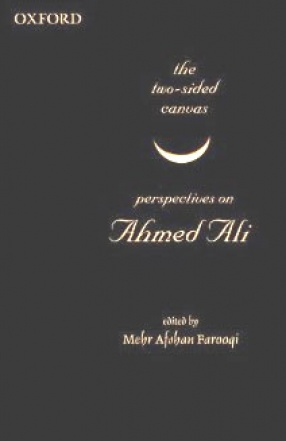

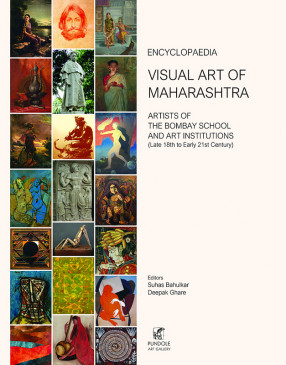
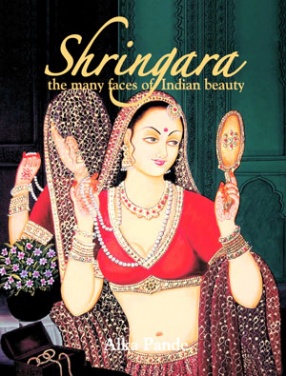
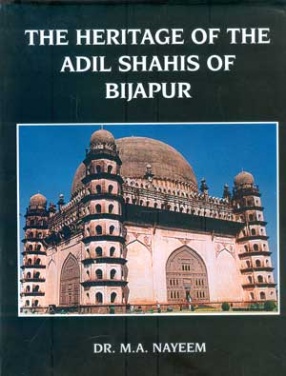

Bibliographic information
Mehr Afshan Farooqi
Mehr Afshan Farooqi